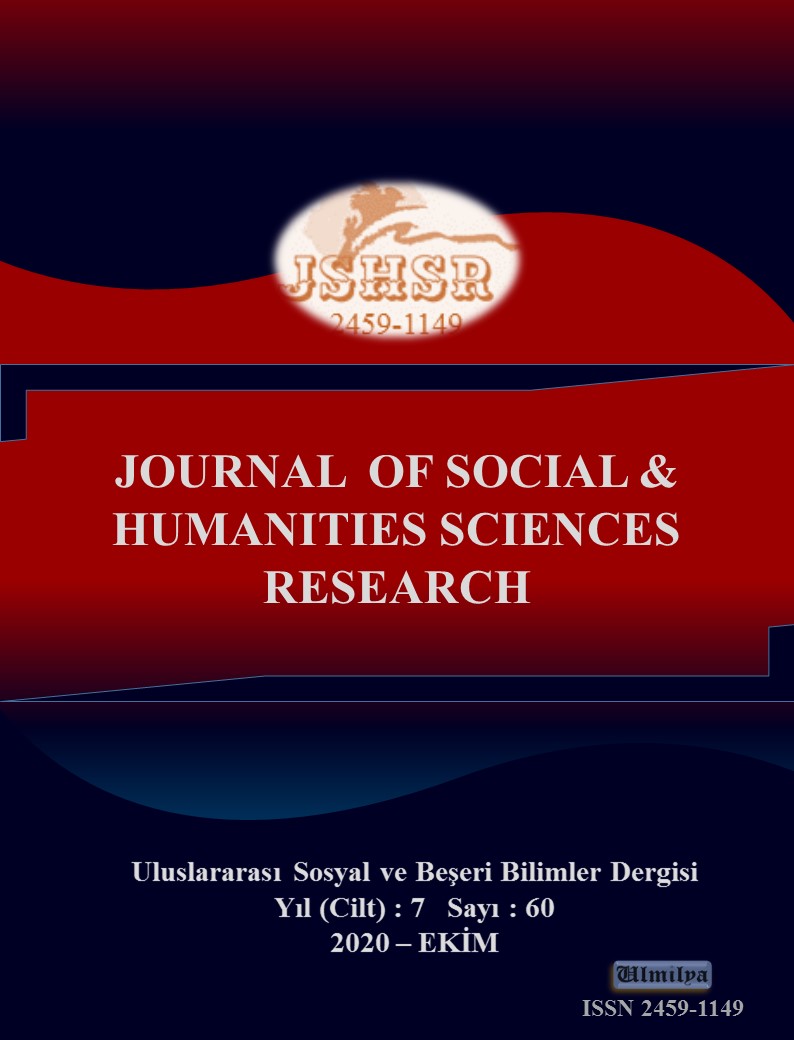MAN(NER) AND NATURE: CULTURE AND EXISTENCE IN PAUL BOWLES’ “A DISTANT EPISODE”
DOI:
https://doi.org/10.26450/jshsr.2097Keywords:
Existential View, Pseudo-Consciousness, Institutionalized CultureAbstract
Ralph Waldo Emerson, as one of the pioneers of the existentialist movement, describes human individuality with nature. From his perspective, all-natural objects make a kindred impression, when the mind is open to their influence. The institutions in a society/culture are not natural and they prevent people from “being” human. In order to be free of factitious authority, a person needs to reunite himself with nature and move with its flow. Otherwise, he will be tested on non-being, although he presumes himself to be “being”. Barry Tharaud explains that Paul Bowles is generally concerned with the way culture blocks Being as consonant with the basic transcendental views of Emerson. In Bowles’ “A Distant Episode,” the protagonist experiences the same situation. Step by step, he realizes his presence in nature: who he was before, who he has become now, and how things led him to come to his present position. By analyzing what has befallen the protagonist in this short story, this paper will incrementally examine the symbols and the awareness or/and unawareness of consciousness
Downloads
Published
How to Cite
Issue
Section
License
Copyright (c) 2020 INTERNATIONAL JOURNAL OF SOCIAL HUMANITIES SCIENCES RESEARCH

This work is licensed under a Creative Commons Attribution 4.0 International License.


